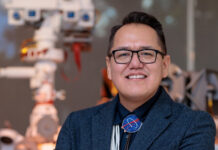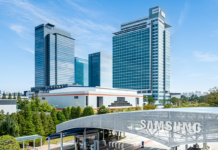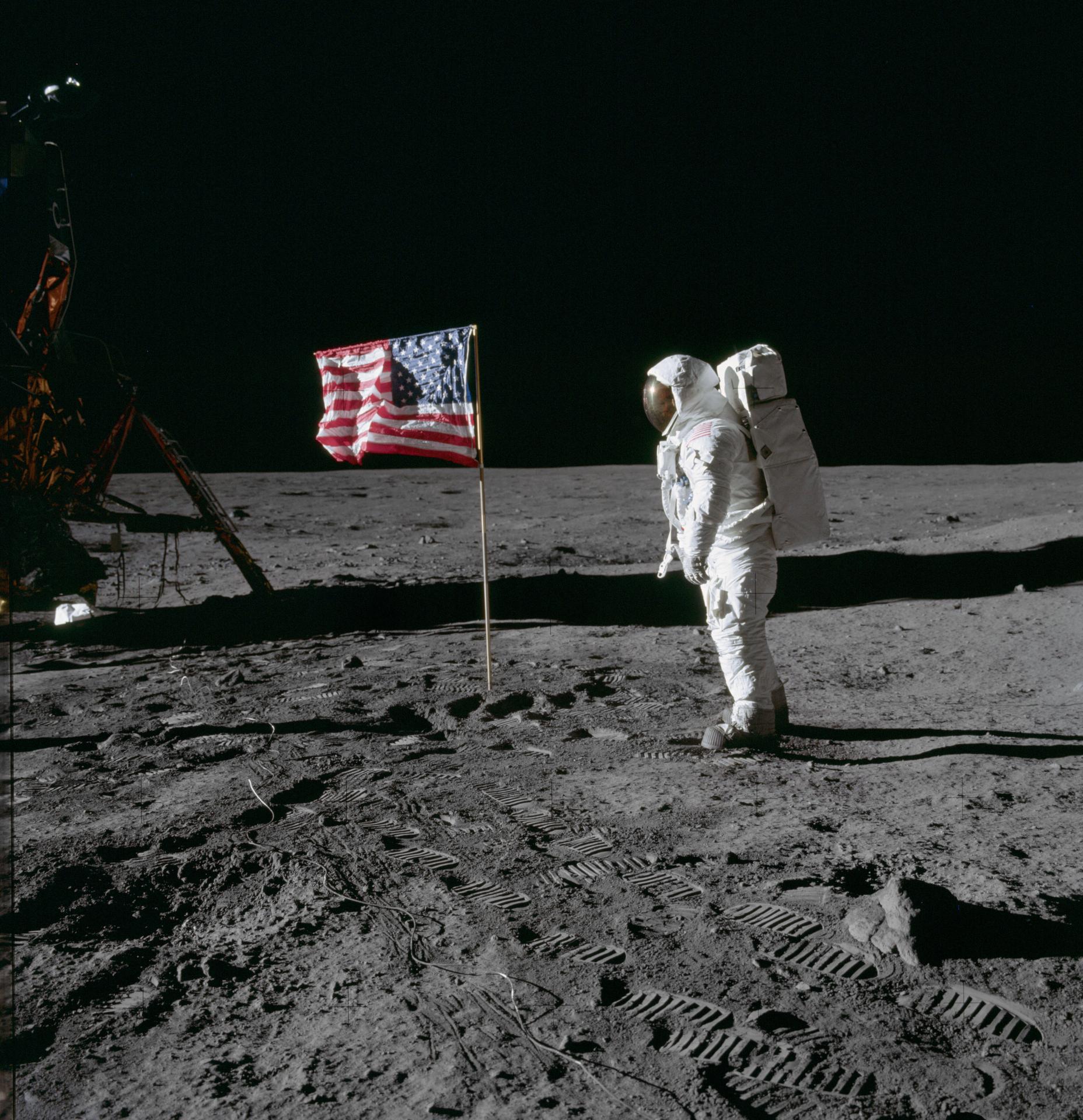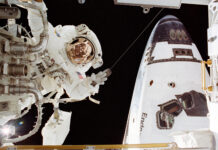NASA Celebrates 55th Anniversary of Apollo 11 Moon Landing with Nationwide Events
NASA is gearing up to commemorate a monumental milestone in space exploration history—the 55th anniversary of the Apollo 11 Moon landing. This historic event, which took place on July 20, 1969, marked the first time humans set foot on another celestial body. As part of the celebrations, NASA has planned a series of in-person, virtual, and engagement activities across the United States from Monday, July 15, to Thursday, July 25.
Honoring Historic Achievements
The Apollo 11 mission was a groundbreaking achievement that showcased America’s vision and technological prowess. The mission’s success was a result of years of hard work, innovation, and dedication from countless individuals. The upcoming events will honor these efforts and highlight the lasting impact of Apollo-era inventions and techniques. Many of these innovations have found their way into everyday life and continue to benefit society today.
In addition to celebrating past achievements, the events will also spotlight NASA’s Artemis campaign. This ambitious initiative aims to land the first woman, the first person of color, and the first international astronaut on the Moon. The Artemis program represents the next giant leap in lunar exploration, inspiring new generations to pursue scientific discovery and exploration.
Expert Insights and Media Engagement
NASA’s subject matter experts will be available for a limited number of interviews to discuss the anniversary and its significance. Interested media personnel can request interviews, either virtually or in person, by contacting Jessica Taveau at jessica.c.taveau@nasa.gov.
Throughout the week of July 15, NASA will share the iconic bootprint image from the Apollo 11 mission across its digital platforms. The image, which captures the first human footprint on the Moon, symbolizes the incredible achievement of the Apollo 11 mission. The agency will also use the hashtag #Apollo11 to engage with the public and share related content online.
Key Events and Activities
Several key events and activities are planned to celebrate the anniversary:
Michoud Assembly Facility in New Orleans, Louisiana
- Monday, July 15 and Tuesday, July 16: NASA will host the rollout of the Artemis II Space Launch System (SLS) core stage. The SLS is a powerful rocket designed to carry astronauts to the Moon and beyond.
Johnson Space Center in Houston, Texas
- Friday, July 19: The center will hold a dedication and ribbon-cutting ceremony to rename Building 12 as the "Dorothy Vaughan Center in Honor of the Women of Apollo." Dorothy Vaughan was a pioneering mathematician, computer programmer, and NASA’s first Black manager.
Goddard Space Flight Center in Greenbelt, Maryland
- Sunday, July 21: NASA Goddard will host a model rocket contest organized by the National Association of Rocketry Headquarters Astro Modeling Section. This free event is open to all model rocketeers and the public.
Additional Activities
Other notable activities include:
Space Center Houston
- Tuesday, July 16 through Wednesday, July 24: The center will feature pop-up science labs, mission briefings, special tram tours of the Mission Control Center at NASA Johnson, and more. These activities offer an immersive experience for visitors to learn about space exploration and NASA’s missions.
National Cathedral in Washington, D.C.
- Friday, July 19 through Saturday, July 20: The cathedral will host a festival celebrating the 50th anniversary of its Space Window, which contains a piece of lunar rock donated by NASA and the Apollo 11 crew. This unique window serves as a testament to humanity’s achievements in space exploration.
San Diego Comic-Con
- Thursday, July 25: NASA representatives will participate in a panel discussion titled "Exploring the Moon: The Artemis Generation." The panel will feature:
- Stan Love, NASA astronaut
- A.C. Charania, NASA chief technologist
- Dionne Hernandez-Lugo, NASA’s Gateway Program
- Jackelynne Silva-Martinez, NASA Human Health and Performance
This panel will provide insights into the Artemis program and discuss the future of lunar exploration.
The Legacy of Apollo
The Apollo program was a series of missions that aimed to land humans on the Moon and bring them safely back to Earth. The program’s success not only demonstrated America’s technological capabilities but also inspired generations of scientists, engineers, and explorers. The Apollo missions provided valuable scientific data and technological advancements that have had a lasting impact on various fields, including medicine, materials science, and computer technology.
Good to Know: The Impact of Apollo Innovations
Many of the technologies developed during the Apollo program have found applications in everyday life. For example, advancements in computer technology, miniaturization, and materials science have led to the development of modern electronics, medical devices, and even improved athletic equipment. The program also spurred interest in STEM (Science, Technology, Engineering, and Mathematics) education, inspiring countless individuals to pursue careers in these fields.
Reactions and Reviews
The 55th anniversary of the Apollo 11 Moon landing has garnered significant attention and excitement from the public and the scientific community. Many experts and space enthusiasts have expressed their admiration for the achievements of the Apollo program and their anticipation for the future of lunar exploration under the Artemis campaign. The upcoming events provide an opportunity for people to reflect on the past, celebrate the present, and look forward to the future of space exploration.
Conclusion
As NASA celebrates the 55th anniversary of the Apollo 11 Moon landing, it is a time to honor the vision, dedication, and innovation that made this historic achievement possible. The planned events and activities not only commemorate the past but also inspire future generations to pursue scientific discovery and exploration. The Artemis campaign represents the next chapter in lunar exploration, promising new milestones and advancements that will benefit all of humanity.
For more details about NASA’s Apollo Program, please visit: NASA’s Apollo Program
-end-
Cheryl Warner / Jessica Taveau
Headquarters, Washington
202-356-1600
cheryl.m.warner@nasa.gov / jessica.c.taveau@nasa.govBy celebrating the achievements of the Apollo program and looking forward to the future of space exploration, NASA continues to inspire and engage people around the world. The 55th anniversary of the Apollo 11 Moon landing is a reminder of what humanity can achieve when we dare to dream big and work together towards a common goal.
For more Information, Refer to this article.


































